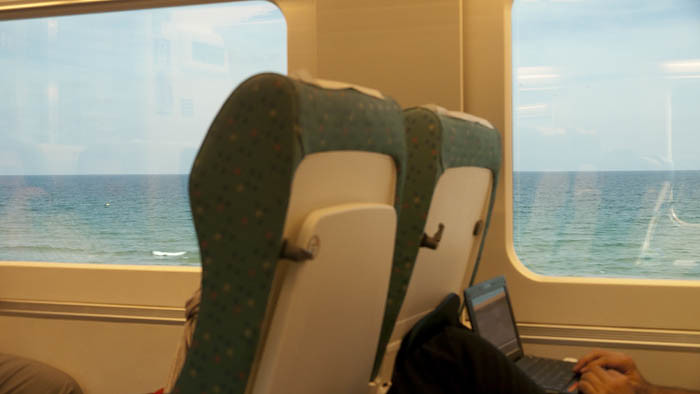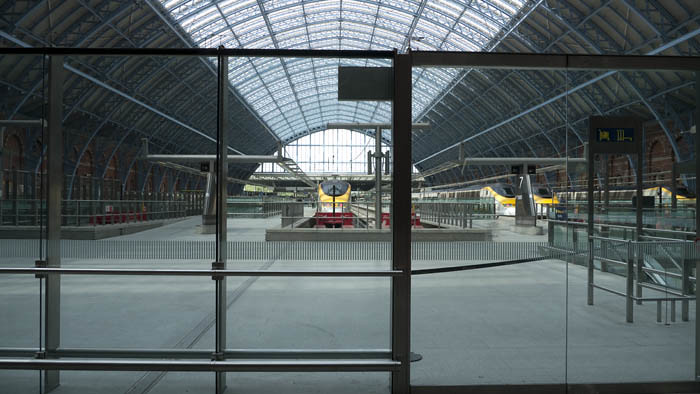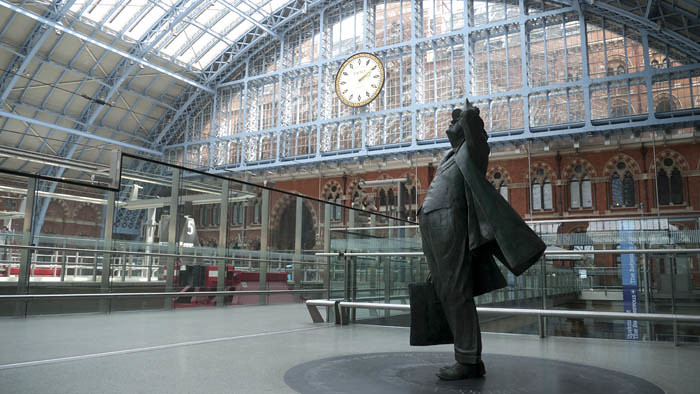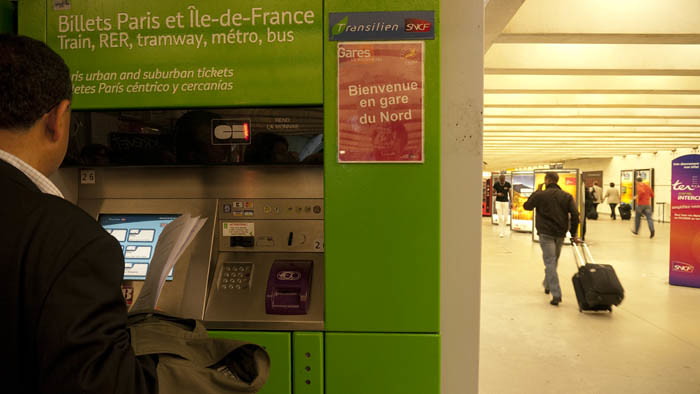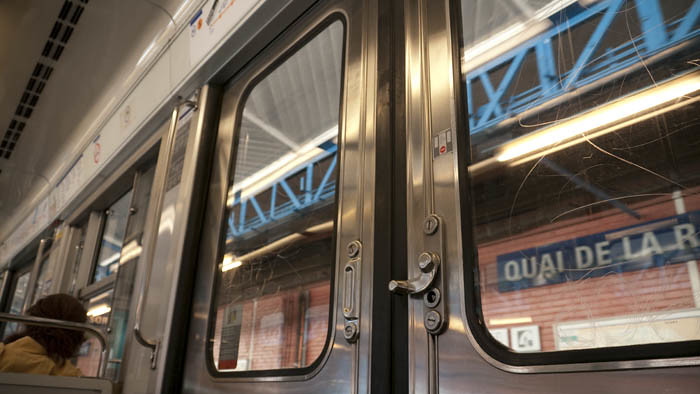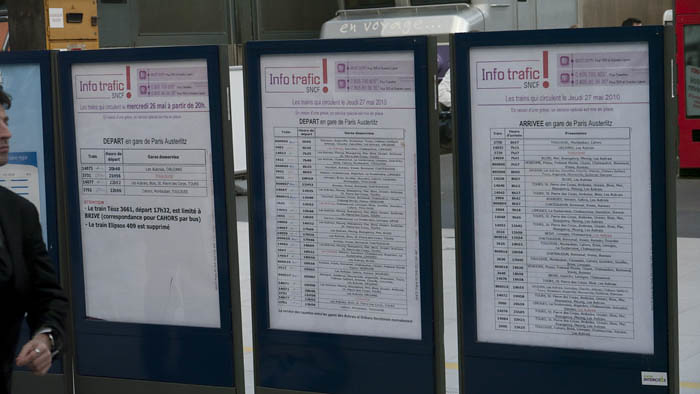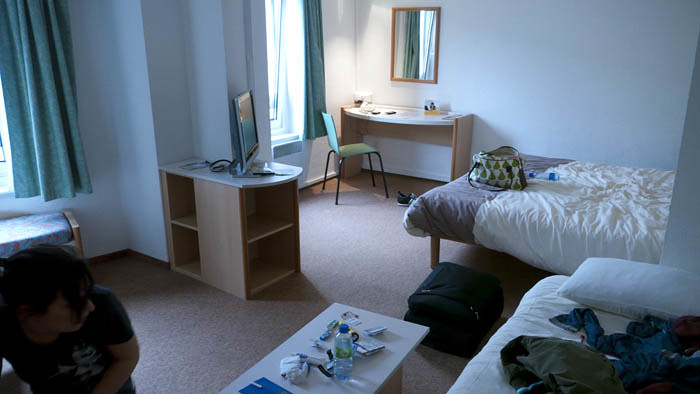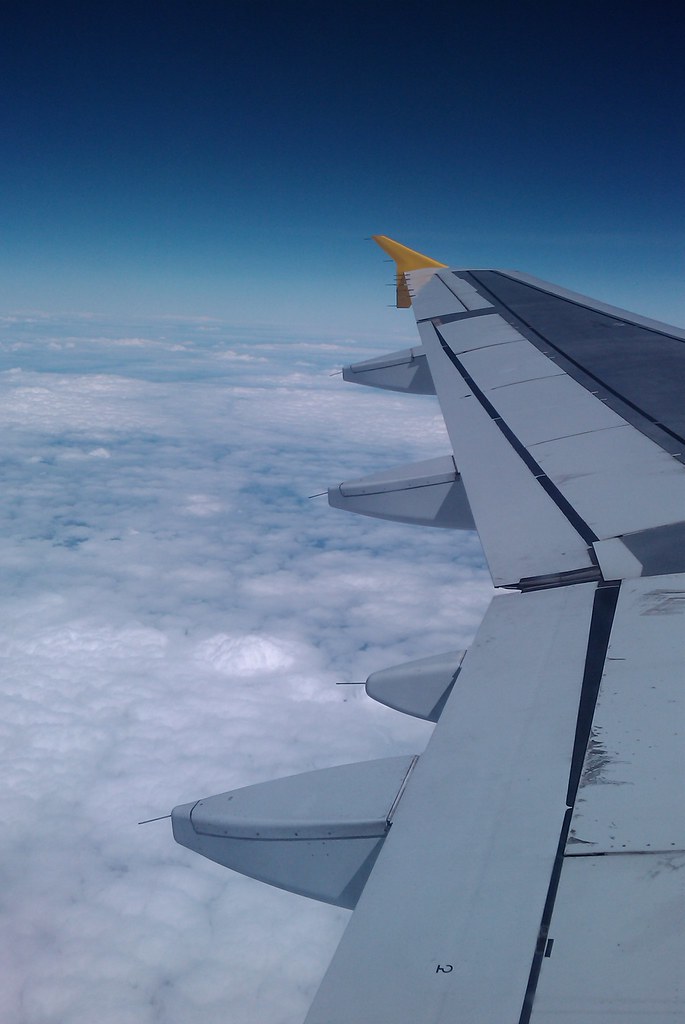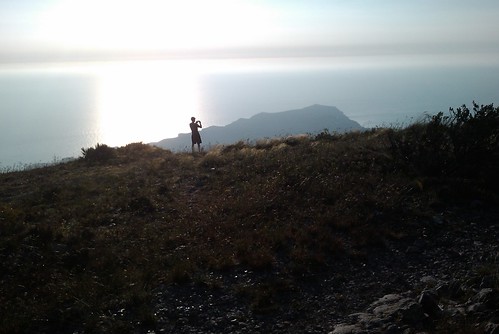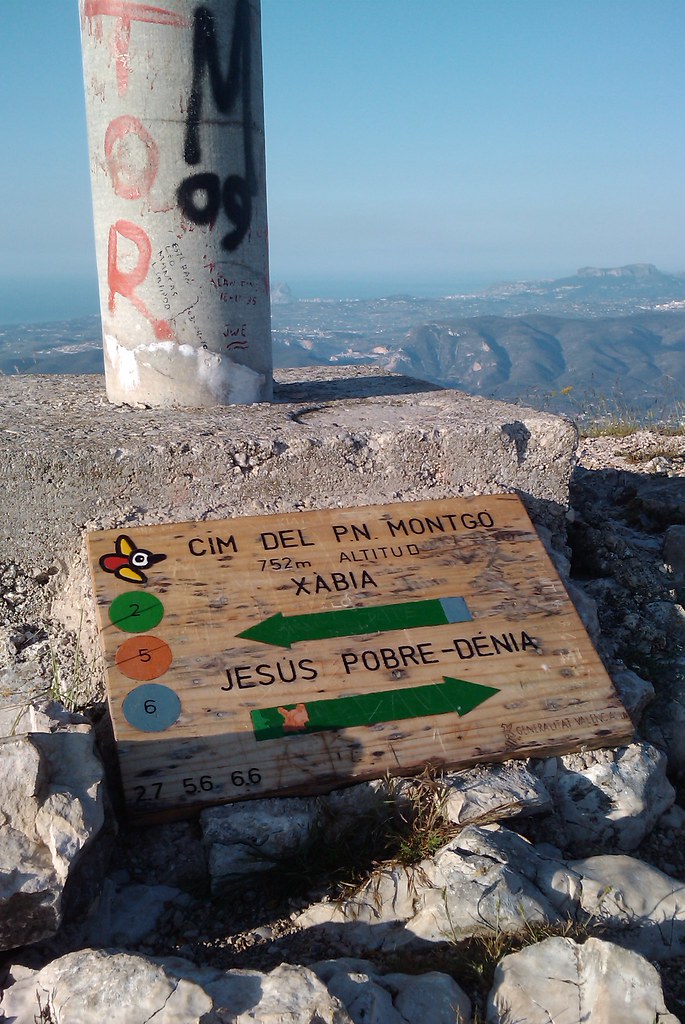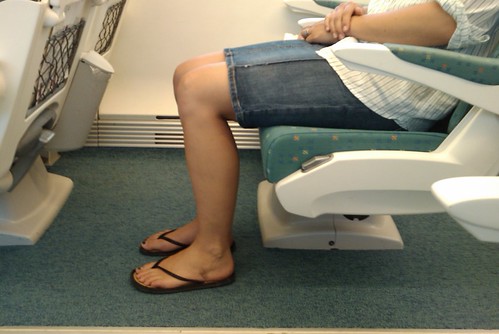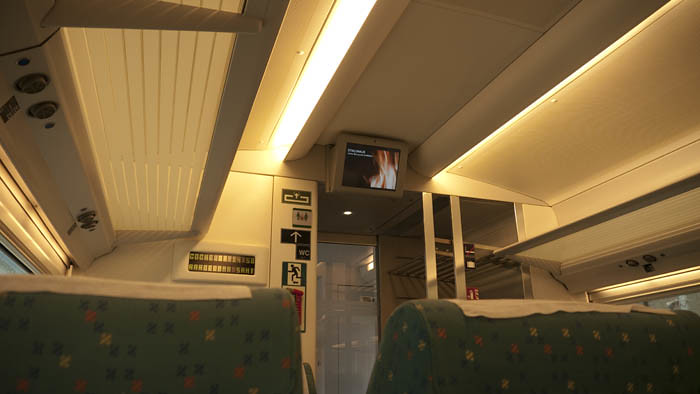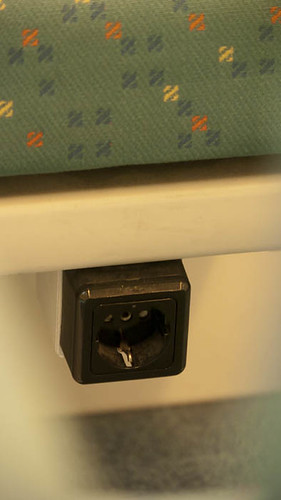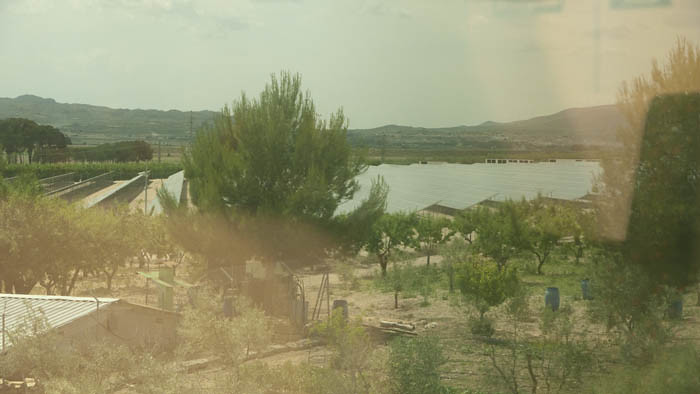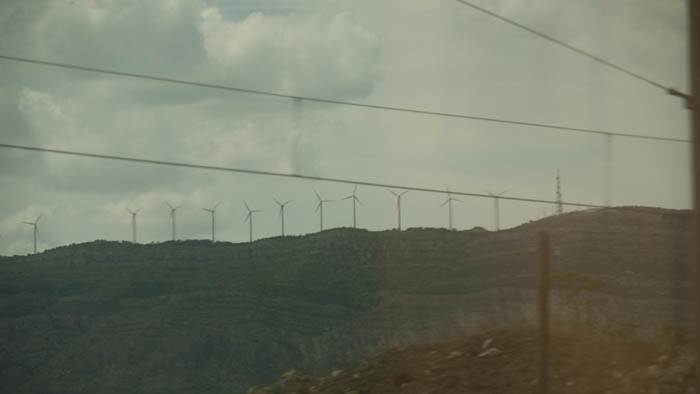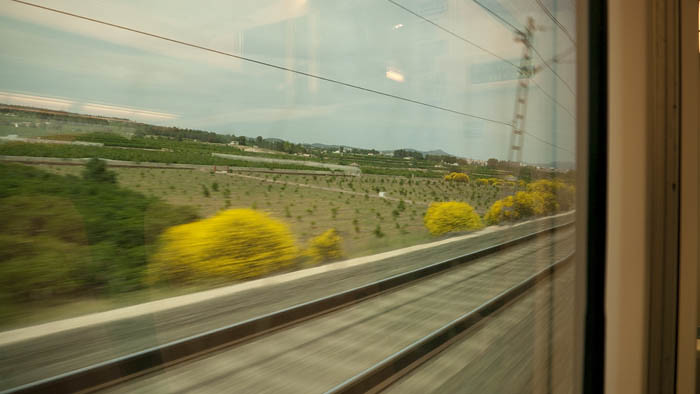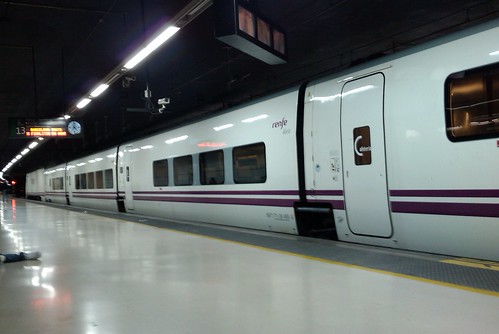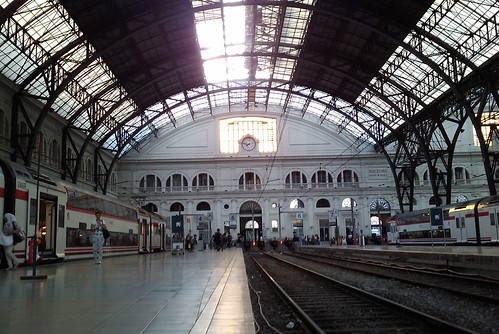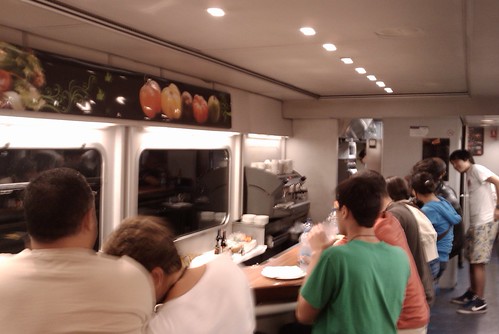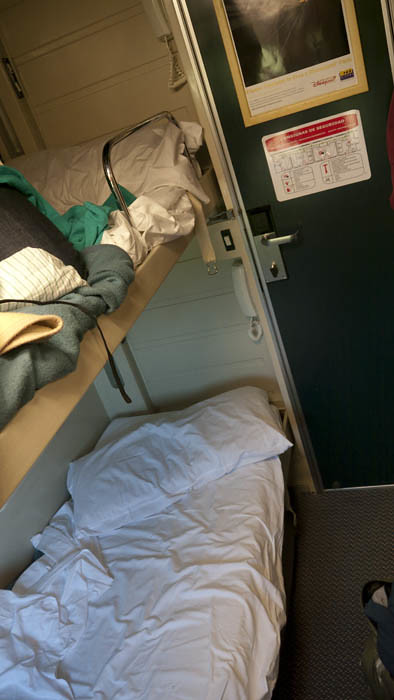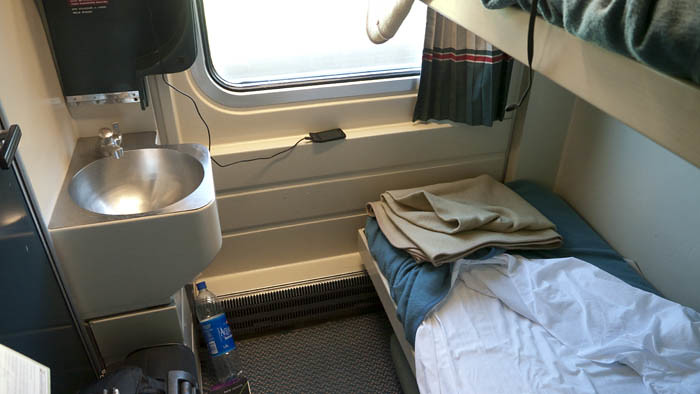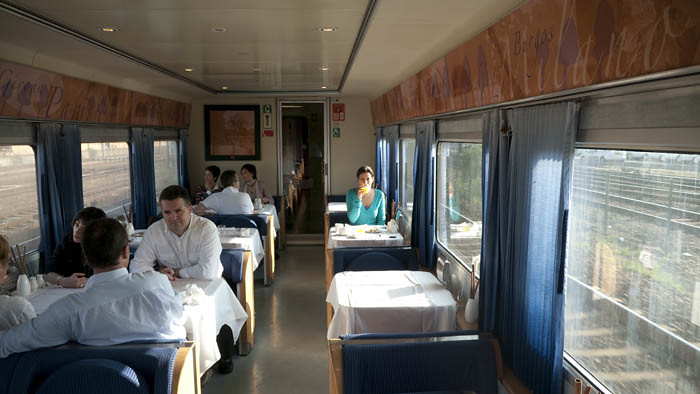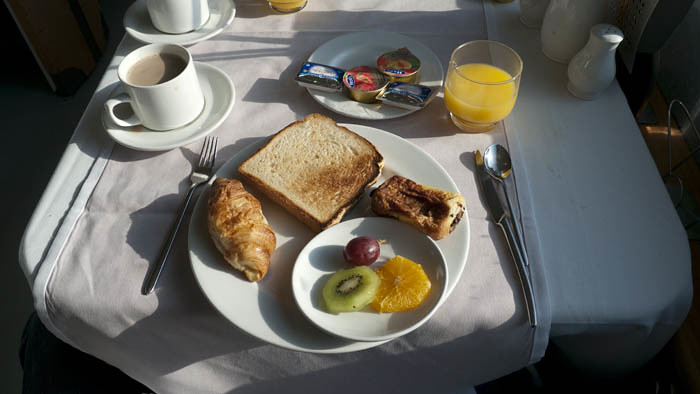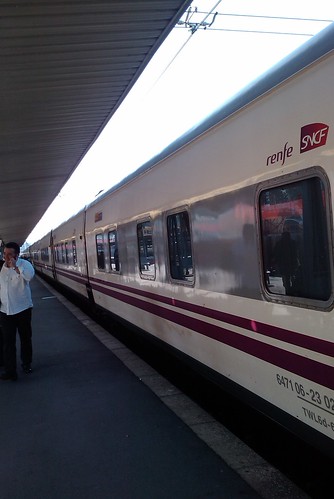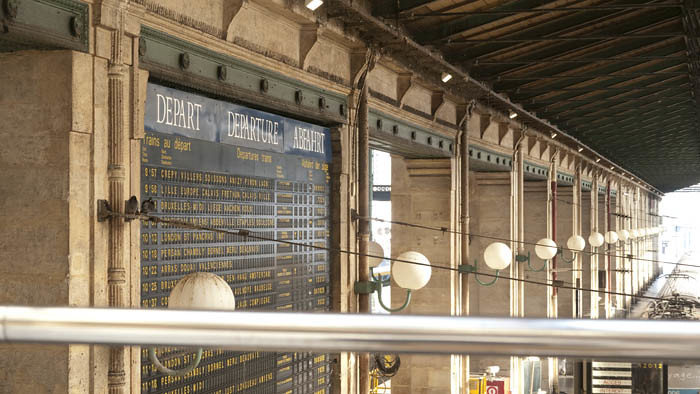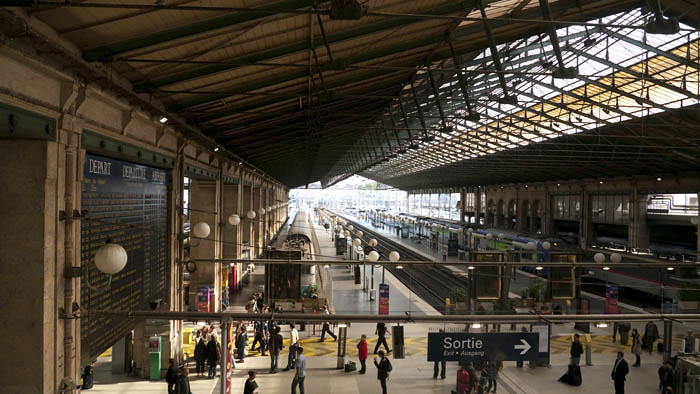London to Spain: trains, planes and French rail strikes
My wife and I spent a week away in Spain at the end of May. We attempted to do the whole return trip on trains. We managed to do the return journey by train. But the outward journey was slightly hampered by French rail strikes!
Lots of photos and notes below, including CO2 comparisons. And a description of the joy of French rail strikes.
We travelled 2,000km on electric vehicles, reaching a top speed of 190MPH. Without charging our vehicles’ batteries once!
Cost and time
- EuroStar from London St Pancras to Paris Gare Du Nord. Takes 2hrs 15 mins. Depart 1502 UK time, arrive 1817 French time. Return for two people cost us £32.50 plus 14,500 Nectar points.
- Paris Metro Gare Du Nord to Paris Austerlitz. Takes 20 minutes. Costs about 3 Euros if I remember correctly.
- TrainHotel sleeper from Paris Austerlitz to Barcelona Franca. Costs £422.23 return for two people excluding dinner but including breakfast. Depart Paris 2034, arrive Barcelona 0824
- Local train from Barcelona Franca to Barcelona Sants, takes 20 minutes, costs a few Euros
- EuroMed train from Barcelona Sants to Alicante, depart 1000, arrive 1500. Return for two people, 110 Euros.
So, in total, the train takes about 24 hours from London to Alicante and the return ticket costs about £280 each person (booked in advance). This compares to about £90 per person for a return flight (booked in advance). The plane is airborne for about 3 hours, so the door-to-door time for flying is about 6 hours. It’s also far more complicated to book and organise the train trip because you have to buy tickets from multiple train operators and make sure you have all the necessary maps and timetables.
CO2 emission comparisons
References: National grid mixes, Plane CO2 emissions,train energy consumption
Doing the 2,000km+ journey produces 24 times less CO2 done on train than on plane. Not bad. For comparison, our trip from London to Belfast was only about 3 times less carbon intensive by land compared to air (largely because the trains were all diesel electric and the ferry is even more carbon intensive than the flight).
This calculation doesn’t take into account the effect of producing nitric oxide at an altitude of around 10km (which is what planes do when cruising). There is evidence that nitric oxide produced at cruising altitude is converted readily into tropospheric ozone (a potent greenhouse gas) which substantially increases the total climate forcing attributable to aviation. This effect could double, triple or even quadrouple the total climate forcing of air travel compared to just considering its CO2 emissions alone (WikiPedia has a good summary). This would mean the train to Spain might produce 96 times less climate forcing than the plane! (24x4=96). But the science of the full climate forcings associated with aviation is, as I understand it, relatively uncertain.
It’s also worth noting how carbon intensive the UK’s energy mix is compared to the French grid mix. (The French get 80% of their electricity from civil nuclear fission reactors).
A quick health warning about carbon footprinting
It is, of course, logically impossible to calculate the precise carbon footprint of something as complex as a 2,000km journey (not least because there’s no such thing as a perfect measurement). What assumptions do you make? What do you include, what do you exclude? I don’t know the precise occupancy of the vehicles. I don’t know the precise energy consumption for the individual vehicles we travelled in. I have no idea about the emissions associated with mining the ore and smelting the metals which went into the construction of the plane, trains and tracks. Luckily, we don’t need perfect precision. Ultimately, I don’t really care if the train is 5 or 25 times less carbon intensive than the plane; I’m just after a rough estimate on which we can base future decisions.
Trip from London to Alicante
-
Train from Peckham Rye to Kings Cross St Pancras (30 minutes)
-
EuroStar to Paris Gare du Nord (2.5 hours)
-
Metro to Paris Gare d’Austerlitz (30 mins)
-
We expected to get a train from d’Austerlitz to Barcelona. But wait! Our train wasn’t listed on the departure board. So we wandered around looking for help. The first help desk we found was closed. Then we bumped into a member of staff who spoke English. “Oh yeah, there’s a strike, your train is cancelled. Go to the main info office for more info”.
-
The news of the strike came as a complete surprise. My wife had done a Google search for “French Train Strikes” at 11am that morning and found no cause for concern. We hadn’t received any emails about a strike. No mention of the strike was made at St Pancras or at Gare du Nord.
-
So we went to the main info office and waited 30 minutes to talk to someone. They confirmed the train was cancelled. We asked “OK, so how do we get to Barcelona tonight”; their reply: “There are no trains” “But you must have a replacement bus service?” “There is a bus which leaves some time tomorrow” “When and where does it leave from?” “Don’t know” “How long does it take?” “Don’t know” “Where do we find out more info?” “Don’t know”.
-
After asking the other customers in the info booth (who seemed to know more than the staff) it turned out the train leaves the next day at 7pm. No good. We need to be in Barcelona tomorrow by 10am to get our connection to Alicante.
-
We briefly considered hiring a car and driving over night to get to Barcelona in time for our connection but neither of us had our driving license.
-
So, that was it, our land-based transport options were exhausted. No train. No bus. No car. (Yes, smart ass, we could have cycled for a week but then we’d have missed my sister in law’s birthday)
-
So we called my wife’s sister to ask if she could research low cost flights for us, which she very kindly did for us. But we were keeping her from dinner and it was clear that it was going to be complicated so we decided to find an internet cafe.
-
I used Google Maps on my phone to find an Internet Cafe (T-Mobile’s “EuroBooster” costs something like £3 for 5Mbytes or 24 hours, whichever expires first).
-
The cafe was fine but the French keyboard is incredibly frustrating for someone used to touch-typing (badly) on a UK keyboard.
-
The SNCF website did say something about the strike. But there was no English translation. And it was in a Flash pop-up box so I couldn’t use Google Translate on it. Meh.
-
The cheapest flight we could find cost €294.50 for two of us, one way from Paris to Alicante. Painful but we were out of options.
-
So, next we had to find a hotel. All hotels in Paris were either fully booked or terrifyingly expensive, so we decided to get a hotel a Charles de Gaulle airport which cost €155.80.
-
We emailed the relevant docs to our smart phones and left the internet cafe to go back to the train station to get our refund.
-
They refunded our €206 train tickets (two people one way from Paris to Barcelona).
-
Next challenge: get from central Paris to Charles de Gaulle. We went down to the metro. By this time it was 23:30. The timetable suggested there was a train at 0:09. So we waited patiently on the train platform. Midnight arrived and the departure board listed our 0:09 train, but stated that it terminated before Charles de Gaulle. Somewhat concerned, we went back to the timetable. We then noticed that some columns on the time table had a white background, some light blue, some medium blue and some darkish blue. (Massive, massive usability FAIL right there: the different blue shades were virtually indistinguishable, especially because the time table had faded). The 0:09 train was listed in two, neighbouring columns. One had a light blue background, the other had a dark blue. The light blue version stopped before Charles de Gaulle. The medium blue went to Charles de Gaulle. The key at the bottom (in tiny text) said something like “medium blue: between 26^th^ January and 6^th^ June, these trains do not run on Mondays and Wednesdays”. And I thought the British transport system had annoying rules!
-
So we got on the train anyway in the hopes that we’d be able to get another train from Gare Du Nord. But the next train from there was at 6am. So, again, we were out of options; we had to hand over the cash for a taxi.
-
We quickly found a taxi and the driver said it’d be €35. Unpleasant, but necessary. So off we went. On the drive, the driver explained that there were 3 different Ibis hotels at the airport. I handed him a printed map showing the exact location of the hotel. He seemed very confident that he’d take us to the correct one.
-
We arrived at an Ibis hotel a bit past 1am. The driver tried to rip us off but we kept him to €35. We went into the hotel and showed him our booking reference number. He typed into his computer. Then re-checked the reference number. Then looked at us and said “You’re at the wrong Ibis. You need one which is 10 minutes drive away. I’ll order you a taxi. It’ll be here in 20 minutes”.
-
So, we laughed. And waited.
-
The taxi arrived. With €18 already on the meter (call-out charge). He drove deliberated under the speed limit as the meter ticked by. The total cost of the second taxi was another €30. All because the first taxi driver screwed up.
-
Anyway, we finally got to our Ibis. And all was well. Checking our emails, my wife found that EuroRail has sent her an email about the strikes at 11:30am that morning (just minutes after we’d left the house) but the email had gone to Hotmail junk.
-
The next afternoon we flew to Alicante without further problems.
Return trip from Alicante to London
(this is what our outbound journey was supposed to be like) (all speeds measured using GPS on my phone):
-
Depart Alicante 14:20, arrive Barcelona 19:10. A speedy, electric, modern, clean train with power sockets under each seat. Excellent leg room. Only took a few minutes to queue. €54 for two people, one way from Alicante to Barcelona. Top speed 200km/hour (125MPH)
-
Cross Barcelona on local train
-
“Train Hotel” sleeper depart Barcelona 21:05, arrive Paris 09:01. Top speed 144km/hour (90MPH). Electric. Looks quite old. Air con gave me a sore throat. I didn’t sleep well (but I never do whilst travelling). Dinner looked lovely but expensive (€18 a main course) so we didn’t have dinner on the train (and you have to book 72hrs in advance for veggie). They had a lovely little bar though which served beer and hot sandwiches. No showers.
-
Cross Paris on the Metro
-
EuroStar departing 11:13, arrive St Pancras 12:29. Top speed (on both the French and English tracks) = 302km/hour = 190MPH.
Stuff we’d do differently next time:
-
Check the websites for each and every train operator about strikes as close to departure as possible
-
Take a flannel and small towel on the sleeper train to wash yourself with if there isn’t a shower
But what’s it like? Is the train journey enjoyable?
—————————————————
Needless to say, the outbound journey was pretty stressful because of the disruption cause by the French rail strikes. But the return journey was genuinely enjoyable. I love looking out the window as the countryside wooshes by and you can get a lot of reading and podcast-listening done. And there’s a certain pleasure to be had from interacting with each country to travel through, rather than just flying passively over the country. The sleeper train is less enjoyable for me because I’m quite a bad sleeper at the best of times but my wife found it reasonably easy to sleep. Put it this way: I’m not sure I’d want to take a sleeper train if I had to give an important presentation the next day. Doing the journey with a young family would probably be pretty exhausting (although we did see some brave parents do just that).
Travelling by train felt quite exciting, a little like how travelling by plane felt exciting before the advent of cheap flights. Rail stations tend to be better designed buildings in both form and function than airports and the process of boarding a train is far more relaxed and quicker than boarding a plane (even with electronic check-in).
Of course, more can go wrong with a train trip because it involves multiple changes and multiple train companies whilst a flight typically only involves a single carrier. And booking a long rail journey is far more of a headache than booking a single flight. And, of course, as more European countries implement austerity measures to tackle their budget deficits, the chances of coming across a strike will probably increase in the foreseeable future. So it’s vital to check each train operator’s website immediately before departing.
But, overall, I think both Ginnie and I would be happy to take the train the next time we go to Spain.
If you want to find out more about travelling from the UK to Spain (or any other rail trip) then Seat61.com is an excellent resource: http://www.seat61.com/Spain.htm
